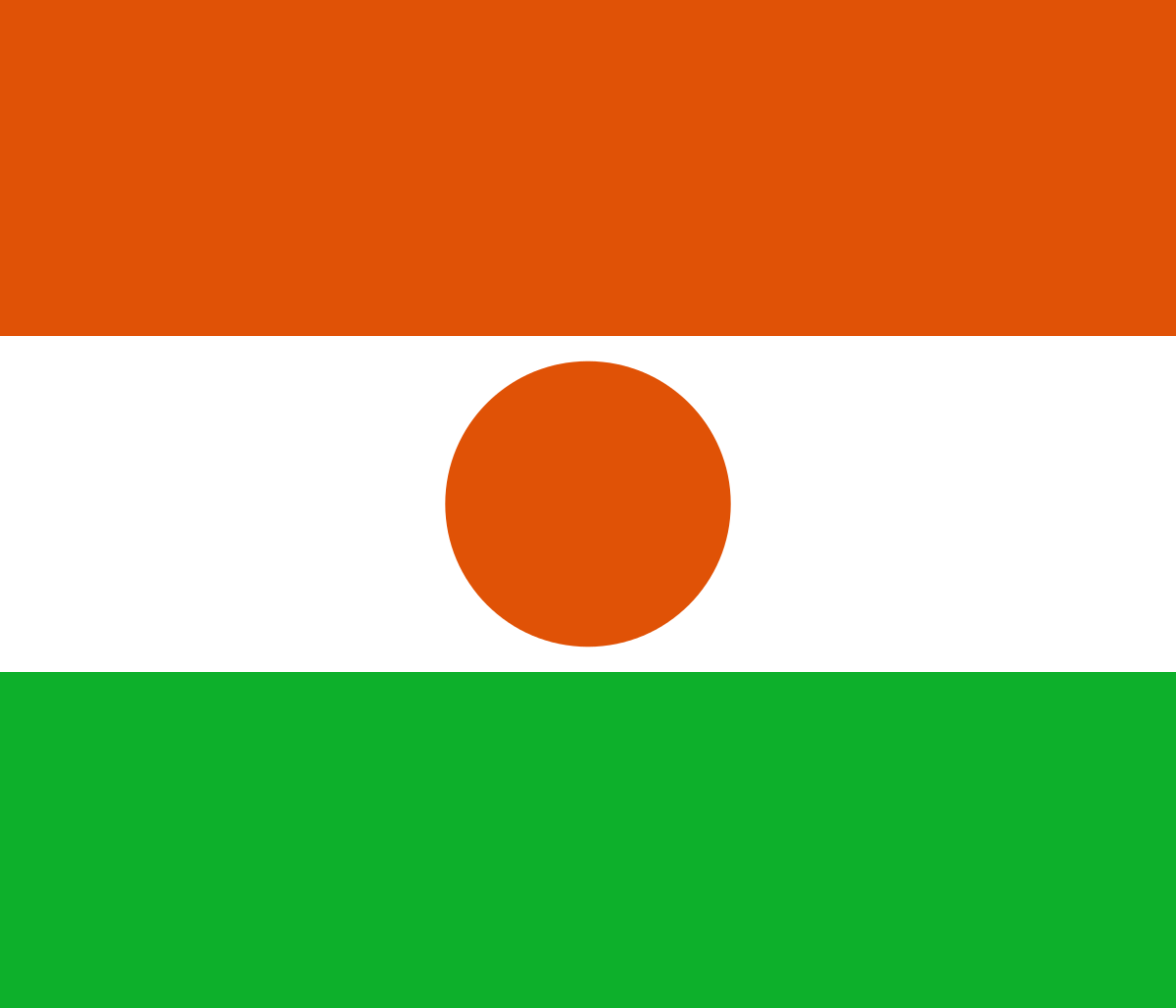Presidential election in Niger Republic
Niger Republic, a French-speaking neighbouring country, held historic presidential and legislative elections on Sunday, December 27, 2020; historic, because for most of its political history, Niger Republic had been under maximum rulers, mainly of military stock. Sunday’s elections would produce, for the first time, a transition of power from one democratically-elected government to another in […]

Niger Republic
Niger Republic, a French-speaking neighbouring country, held historic presidential and legislative elections on Sunday, December 27, 2020; historic, because for most of its political history, Niger Republic had been under maximum rulers, mainly of military stock.
Sunday’s elections would produce, for the first time, a transition of power from one democratically-elected government to another in the Sahelian country.
- We’re denied 52-month pension in Nasarawa – Union
- Gov’ship: Why APC must win Anambra – Uzodimma, Umahi, others
Unlike several African countries where presidents elected under two-term constitutional provisions manipulated the law to remain in power for a third term, outgoing President Mahamadou Issoufou has paved the way for a new president after serving the country for the constitutional two terms.
We commend him for resisting the temptation to entrench himself in power to the detriment of the peace and security of the 23 million citizens of Niger Republic.
In the election, in which 7.5 million Nigeriens voted, there was a total of 30 presidential candidates, though the ruling party’s candidate, Mohammed Bazoum, 60, is said to be the favourite to win.
Other contestants included Seini Oumarou, a high representative of the head of state since 2016, a post he recently left. Seini Oumarou contested under the banner of the National Movement for Social Development (MNSD).
Another candidate in the election is a former Minister of State for Planning and Development, Amadou Boubacar Cissé, who flew the ticket of the Union for Democracy and Republic (UDR Tabbat).
There is also Mahamane Ousmane, who was elected President of the Republic of Niger in the first democratic election on March 27, 1993.
Under that dispensation, there was social chaos for several months, culminating in his removal in a coup d’état led by Colonel Ibrahim Baré Mainassara in January 1996.
Ousmane is the candidate of the Renewed Democratic and Republican Party (Renouveau Démocratique et Républicain).
Another candidate in the election is Ibrahim Yacouba, who contested against current President Mahamadou Issoufou in the 2016 presidential election. Yacouba came fifth with 4.43% of the vote in the first round.
The candidate of the Patriotic Movement of Niger (MPN) became Minister of Foreign Affairs, but was sent packing in April 2018 by the head of state for “showing disloyalty”.
From the backgrounds of each of the contestants, it is apparent that the December 27 election was keenly contested by frontline politicians in Niger Republic.
During the election, President Issoufou told the people that “Whoever wins, the victory will belong to the people of Niger.”
This statesmanly remark was very crucial to show his neutrality, as against the do-or-die attitude of some outgoing African presidents who leave behind chaos in their attempt to foist leaders of their choice on the people.
In spite of the fact that the final results of the presidential and legislative elections are still being awaited, election observers have given a pass mark for how it was conducted.
For instance, the International Organisation of the Francophonie (OIF) gave a satisfactory report, stating in a communiqué that “the first round took place in a generally satisfactory manner.’’
As at Tuesday, the country’s National Independent Electoral Commission (CENI) was still announcing results from various municipalities, and broadcast on television and radio.
It is clear that Niger Republic will earn a place among African countries that conduct democratic elections and ensure the transition of power from one elected leader to another in contemporary history.
The country is achieving this feat without engaging sophisticated technology or wasting resources on complex security arrangements.
Also, there are no reports of electoral violence, ballot box snatching, vote buying, falsification of election results, and other ills that plague elections in several African countries. This is highly commended.
However, the next president has his work well cut-out for him, as Niger Republic is among the poorest countries in Africa.
The economy of the landlocked country is heavily dependent on the economic policies of neighbouring Nigeria, Chad, Cameroon and other nations in the Sahel region.
Without abundant natural resources, the next president would need to think outside the box to lift Niger Republic from the dust of poverty.
Also, Niger Republic suffers from the activities of Boko Haram terrorists, a besetting security challenge in the sub-region.
The winner of Sunday’s election must work with other political leaders in the West and Central Africa to deal a decisive blow to terrorism, else economic prosperity would continue to elude it.
